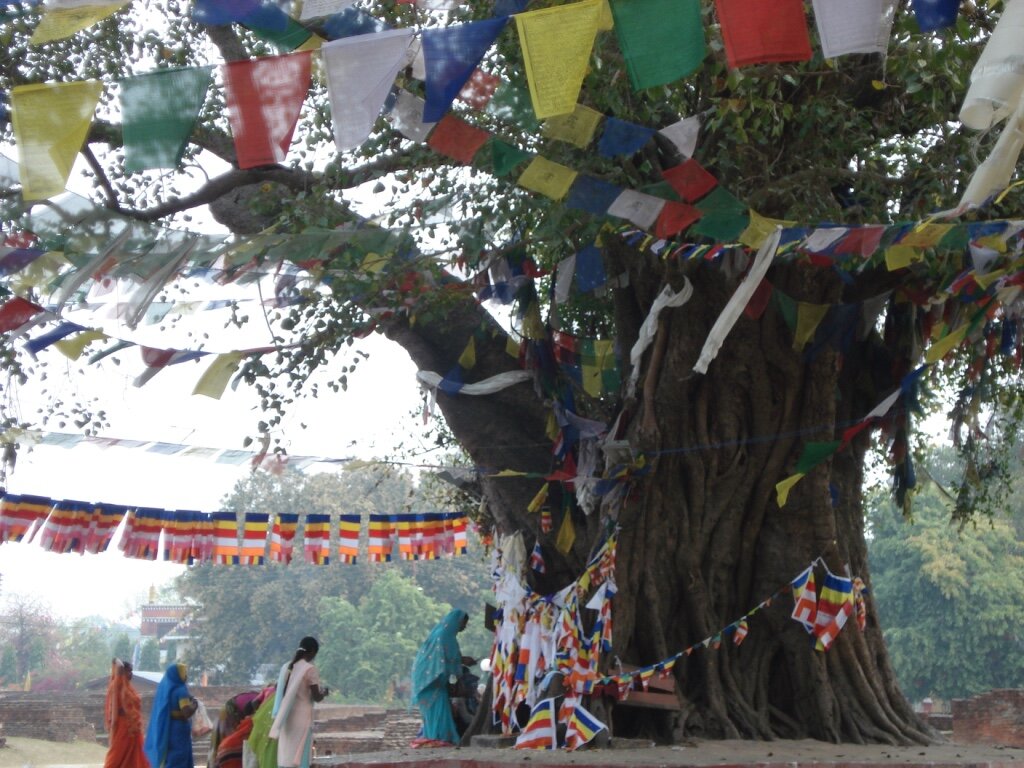
The Politics and Pathways of Return
Current Research

Throughout the nineteenth and twentieth centuries, homeland discourses have been central to the revival and reimagining of Buddhism in modern South Asia. While few Buddhists would deny the physical significance of the Indo-Gangetic region as the birthplace of the Buddha sasana, what do these return journeys mean for diverse Asian Buddhist communities and how is this sacred geography empowered by certain ritual practices, re-materializations, and networks of memorialization?

While homeland discourses remain a vital part of modern life, there is also a need to question the utility and limitations of the category itself. How have homeland discourses been shaped by ethno-national political formations, while also cutting across boundaries of polity and local language opening up new spaces of belonging? What roles have key figures, reformers, and institutions played in creating a moral geography and pan-Asian Buddhist identity? What is the relationship between mobility, pilgrimage, and tourism, as well as the politics of modern territorial governments and nation-states in regulating or limiting religious communities of practice and their movement across borders?

This collaborative research project is based on a SSHRC-funded Insight Grant/Connection Grant involving collaboration with Dr. Sraman Mukherjee (Ashoka University) and Dr. Doug Ober (UBC). In June 2019 we organized a workshop that was held at the University of British Columbia (LINK) in partnership with the UBC Buddhism and Contemporary Society Program. Currently, we are in the process of editing two special issues on the topic and aim to have them published in 2021.
